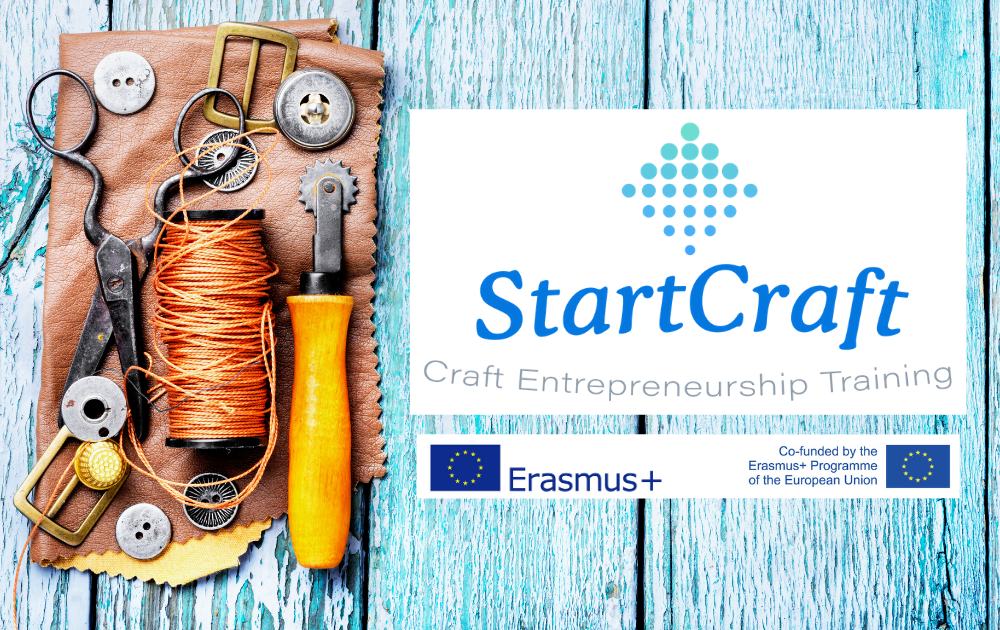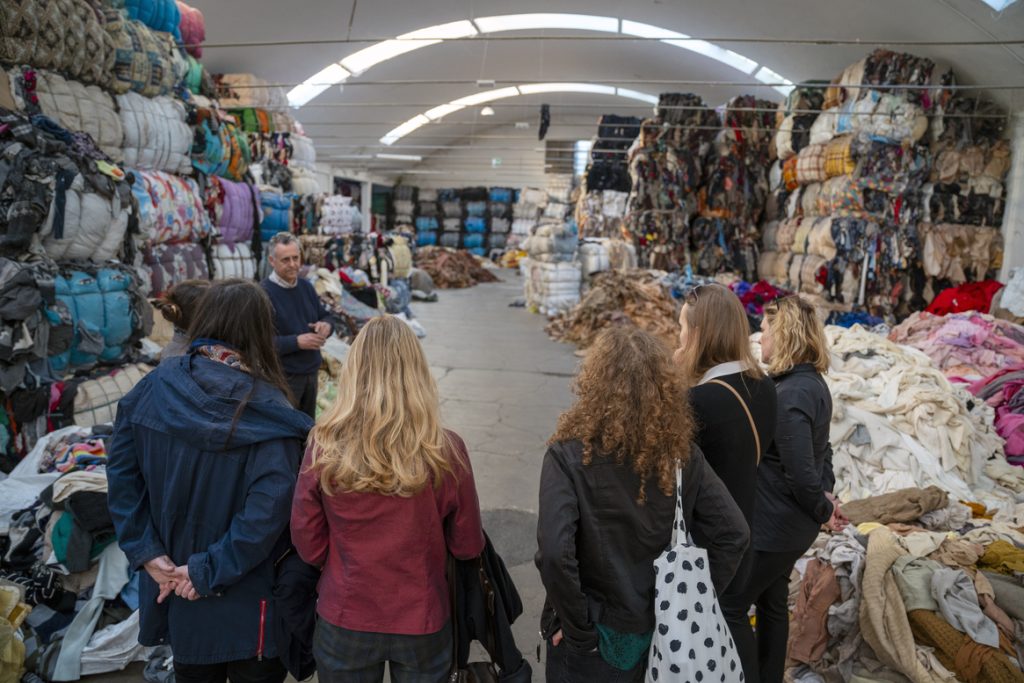Craft entrepreneurship in Poland – research results
What is the state of craft entrepreneurship?
WICI Association is part of the StartCraft consortium in which 7 European partner organisations research educational needs of crafts entrepreneurs and prepare online learning tools accordingly. In the first part of the project all partners collected data on the situation of vocational education in each of the countries and reached out to craft entreprenurs to learn about their experiences.
A survey, focus groups and in-depth interviewing were used as methods of data collection. Our Association was responsible for distributing the survey amongst teachers and trainers in vocational education (VET) and continuing education and training (CVET). In the second phase we interviewed Polish entrepreneurs in the crafts and arts sector in the form of two group interviews (FGI) and ten individual, in-depth interviews (IDI). The scope of the interviews was broad and included motivations to become a craft entrepreneur, education, as well as challenges that entrepreneurs face when running business in Poland. The goal of both types of interviews was to learn what the entrepreneurs need to improve their management and entrepreneurship skills and how they like to learn.
Interviews summary
A major limitation for entrepreneurs is the lack of financial resources to invest in the beginning or later, to accelerate their company’s development. Entrepreneurs indicated that the high cost of the obligatory Social Insurance Institution taxes (ZUS) and other fixed costs resulting from the tax system in Poland negatively affect the price of the product. Moreover, participants are overwhelmed by documentation, formalities, and Poland’s complicated tax system. They give examples of other entrepreneurs who drop out because of these factors. A sense of discouragement and helplessness was observed as soon as the topic of the taxation system and formalities was raised. Clearly, the entrepreneurs express a strong desire to create new products and willingness to learn new skills, as well as share their experiences, but they feel they are limited because they need to devote a substantial amount of time to formalities. All of the entrepreneurs said that they would prefer to focus on product design and craft over administrative obligations as their ambition is not to run a business as such but to express their creativity through craft and art. Company is instrumental to be able to follow their passion for craft and sell it legally. Craftsmen’s earnings do not allow them to invest in development, thus limiting their huge potential. The regret expressed towards the Polish educational system is also visible. All of the interviewees pointed to the huge, systemic gap in entrepreneurship education in Poland. Majority of the crafts entrepreneurs interviewed received no or little vocational training. Most of them learn from experience or take part in short, hands-on courses which they perceive as more useful than university studies. All entrepreneurs reported the need for further training. They need a variety of skills from management, law and accounting, communication, marketing and sales, as well as well-being and personal skills. The most preferred form of learning was mentoring, group and peer-learning, and slow-paced courses.
Survey results and a more detailed summary and discussion of the interviews are presented in the REPORT (click on the link to open it in the new tab).
Download this presentation in PDF.
See the project website.
This project has been funded with support from the European Commission. This publication reflects the views only of the author, and the Commission cannot be held responsible for any use which may be made of the information contained therein.




You must be logged in to post a comment.